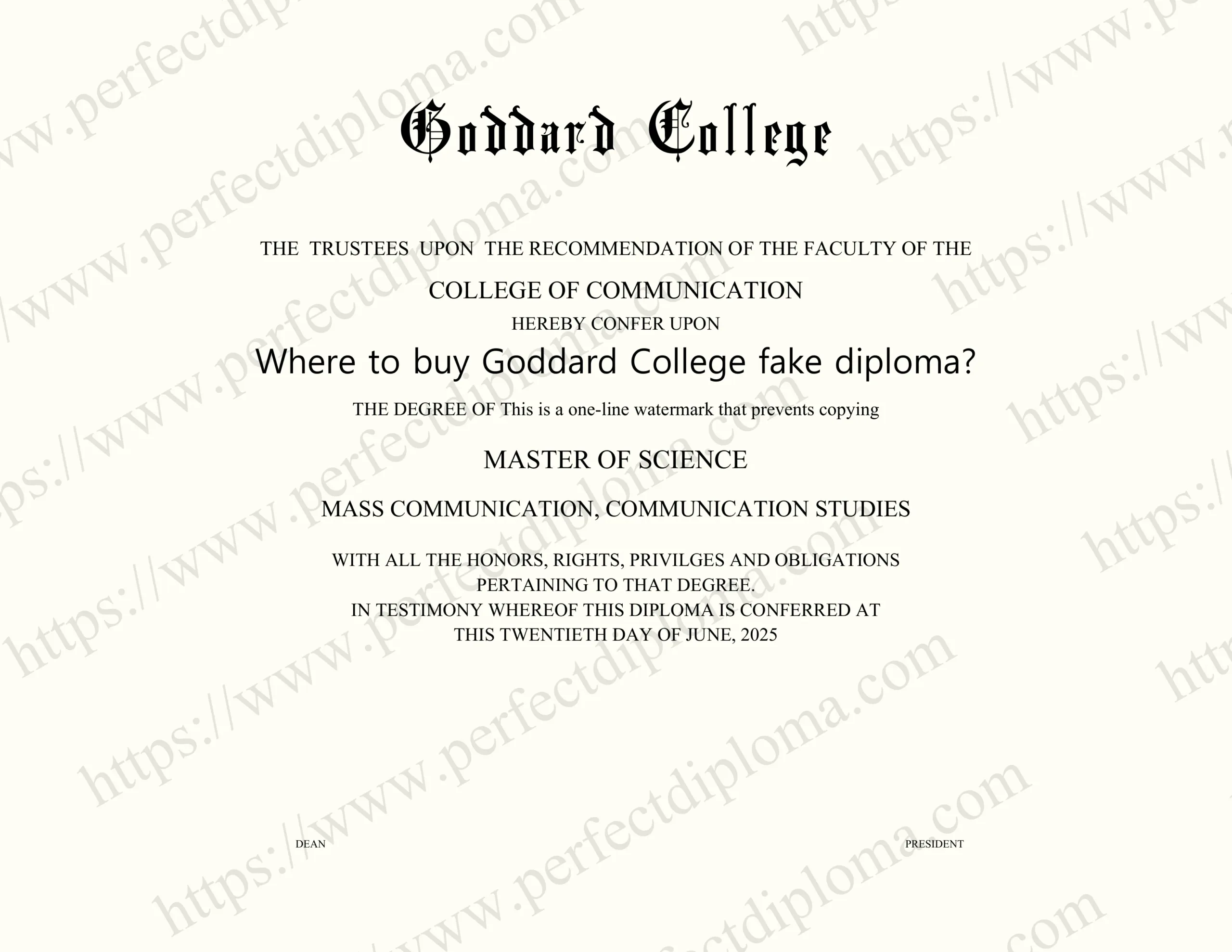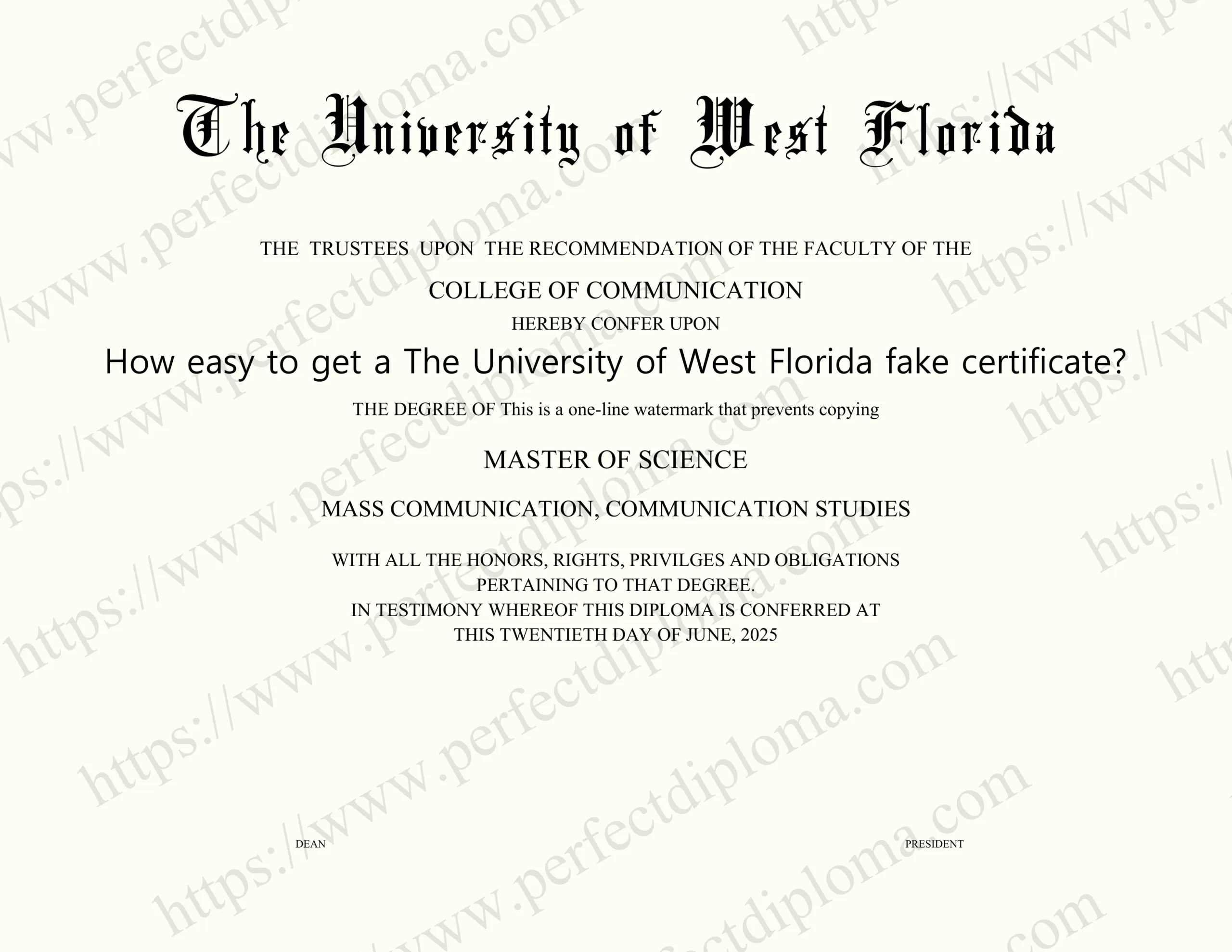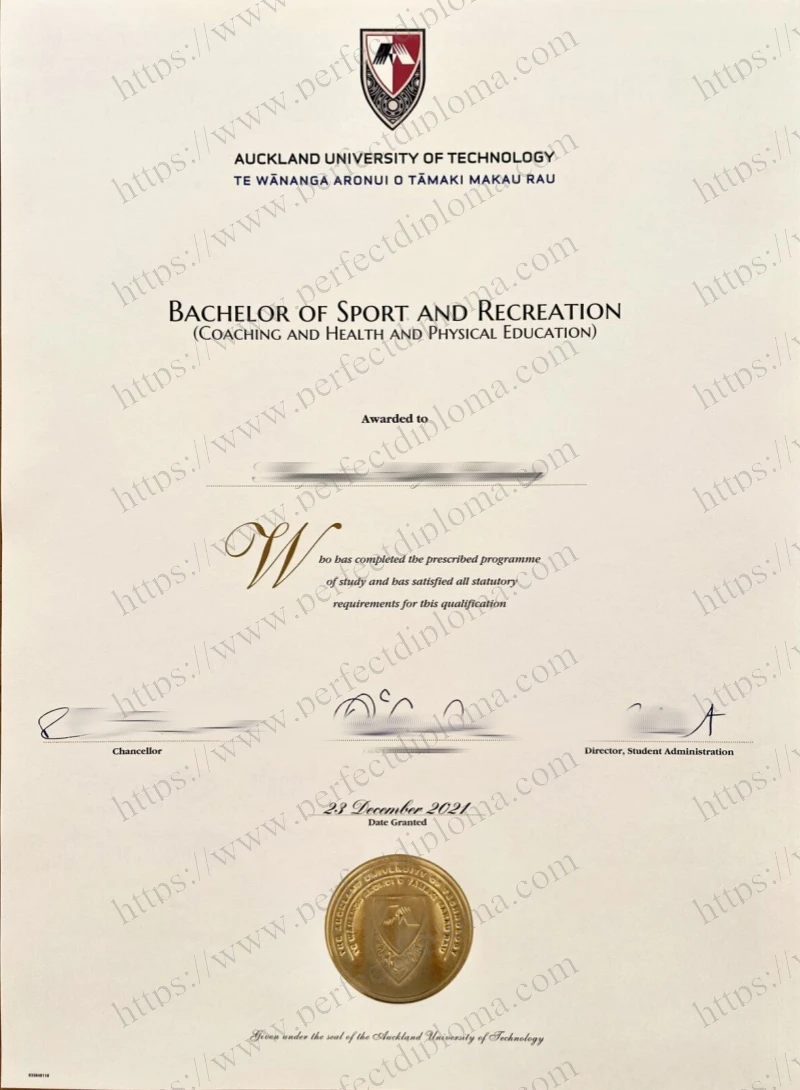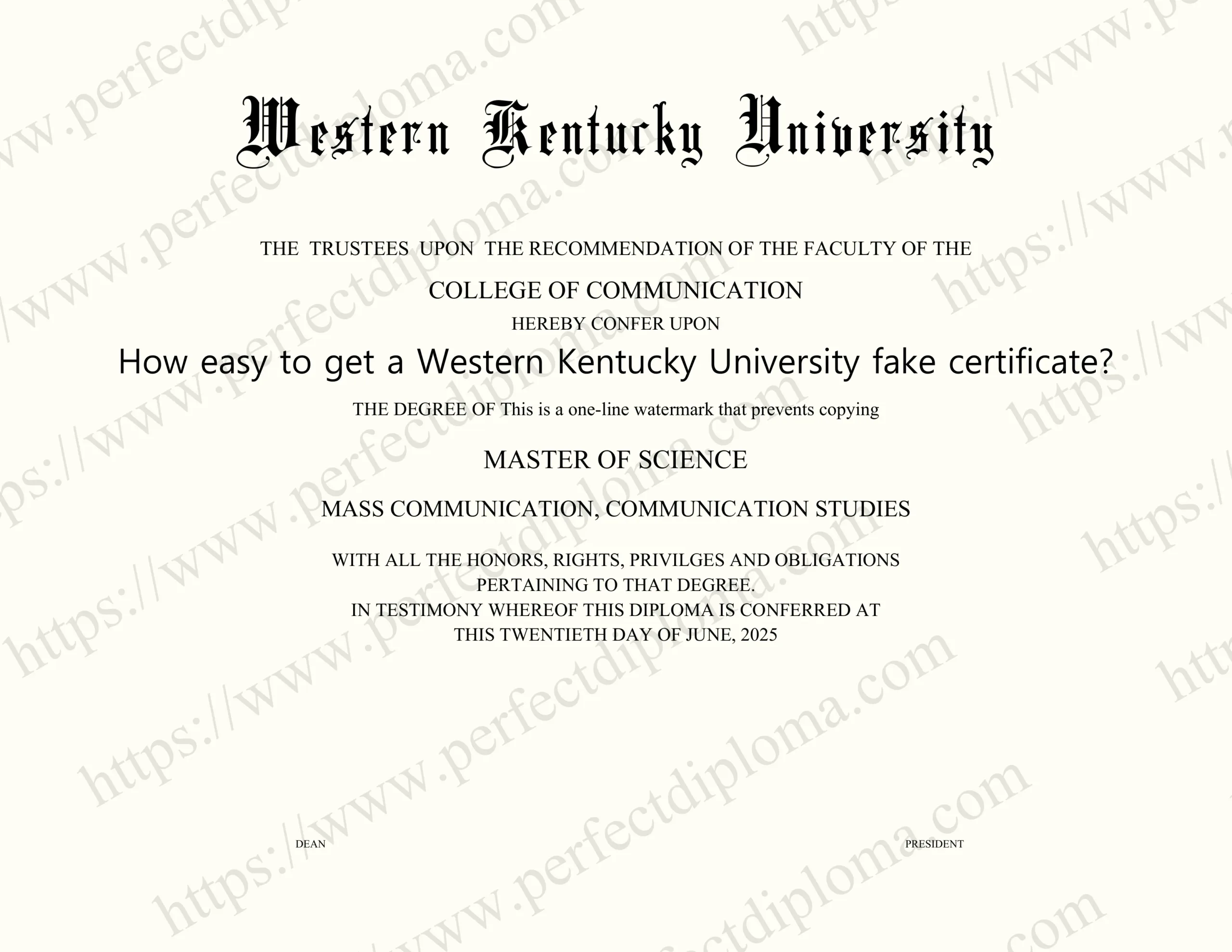
Nestled in the quiet, rural landscape of Plainfield, Vermont, Goddard College stands as a quiet anomaly in the world of higher education. It is an institution that defies easy categorization, built not on the bedrock of tradition but on the ever-shifting sands of progressive pedagogy and radical self-direction. To speak of Goddard is to speak of an idea, a persistent and somewhat rugged belief in the primacy of the individual learning journey.
The college’s history is a tapestry of educational experimentation. Evolving from a family schoolhouse in the 1860s, it transformed under the presidency of Royce Pitkin into a daring experiment in adult education in 1938. This was not merely an extension of existing models; it was a fundamental reimagining. The college drew inspiration from the work of John Dewey, embracing experiential learning and the notion that education should be deeply relevant to the student’s life and community. This philosophy crystallized into the low-residency model, a structure Goddard pioneered and which remains its defining feature.
This model is the engine of the Goddard experience. Students, typically adults with complex lives and professional commitments, gather on campus for intensive eight-day residencies. These brief periods are a whirlwind of activity—workshops, seminars, artistic presentations, and, most crucially, the forging of connections with faculty advisors and peers. The residency is a catalyst. It is a time of collaborative energy and planning that fuels the work to come. Then, the community disperses, and students return to their homes across the country and beyond. The real work of the semester happens in isolation, yet in constant dialogue.
Working from their own environments, students embark on deeply personalized courses of study. They design their own semester curriculum, a packet of learning called the study plan, in close consultation with their faculty advisor. Learning is not measured in credit hours or standardized exams, but through the creation of a substantial body of work—a portfolio of writing, artistic creations, research papers, or community project documentation. This work is sent to the advisor at regular intervals, who responds with lengthy, meticulous letters of critique and guidance. This exchange of letters forms the core of the pedagogical relationship, a thoughtful, written conversation that is both rigorous and deeply personal.
The academic structure demands a rare form of discipline and intrinsic motivation. There are no grades to chase, no deadlines imposed from above beyond broad frames. The impetus to learn and create must come from within. This attracts a specific kind of learner: the artist, the activist, the educator seeking transformation, the individual at a crossroads yearning for a purposeful academic path that conventional institutions cannot provide. The student body is a collection of unique intellects, each pursuing a singular vision—writing a novel, developing a new therapeutic practice, researching environmental justice, or crafting a series of sculptures.
Goddard’s influence is subtle yet significant. It operates not in the mainstream of academic thought, but in its tributaries, nurturing voices and ideas that might otherwise be marginalized. Its alumni network is a testament to this, comprising Pulitzer Prize winners, renowned artists, influential community organizers, and countless educators who carry its participatory ethos into their own classrooms. The college proves that a rigorous education can exist entirely outside the conventional framework of lectures, grades, and majors.
Yet, this unique model exists within a challenging contemporary landscape. The modern economy often prioritizes clearly defined degrees and vocational skills, making the value of a self-designed education harder to quantify. Goddard, like many small, tuition-dependent colleges, faces perennial financial pressures. Its very uniqueness, its rejection of scalable, one-size-fits-all education, is also its greatest financial vulnerability.
Ultimately, Goddard College is more than a school; it is a statement. It is a steadfast holdout against the increasing commodification of education. It asserts that learning is an organic, human process, not a product to be consumed. It argues that the most profound education is one where the student is an active architect, not a passive recipient. In its quiet corner of Vermont, Goddard continues to champion a deeply democratic and personal form of learning, offering a powerful, albeit challenging, alternative for those who dare to design their own path. It remains a small, vital flame in the broader conversation about what education is, and what, just maybe, it could be.
How to make the Goddard College certificate?, I need a Goddard College fake diploma., Buy Goddard College fake degree, Where can i get to buy Goddard College fake certificate




